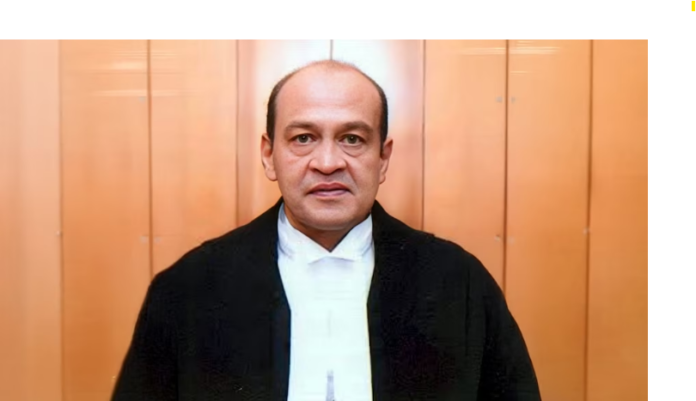The controversy surrounding the alleged cash recovery from Justice Yashwant Varma’s residence, followed by a mysterious fire, has triggered an unusual consensus between the ruling BJP and the opposition Congress. Both parties are demanding transparency and accountability, fueling a social media storm against the judge and questioning the judiciary’s handling of the matter.
The case has reignited debates over the collegium system, but a more fundamental issue remains: Would an ordinary citizen found in possession of unaccounted cash face immediate FIRs, I-T raids, and legal scrutiny? Are sitting judges exempt from such action under the law, including the Indian Penal Code (IPC), or the newly introduced Bharatiya Nyaya Sanhita (BNS) and Bharatiya Nagarik Suraksha Sanhita (BNSS)?
Beyond political statements, several critical questions remain unanswered: Who owned the cash? Why was no immediate FIR filed or I-T probe initiated? Was the fire coincidental, or was it intended to destroy evidence? The lack of police action and forensic clarity has intensified concerns about judicial transparency and whether positions of power can override legal accountability.
So far, no official FIR or police diary entry has established whether the fire was an act of arson or a short circuit. While Justice Varma has denied any knowledge of the cash, there has been no formal investigation to ascertain its source. Meanwhile, unverified images and videos related to the case have flooded social media.
In response, the Supreme Court has constituted a three-member committee to probe the incident. Pending the inquiry, Justice Varma has been relieved of his Delhi High Court responsibilities and repatriated to the Allahabad High Court, where the local bar association has protested the move.
Retired judges, senior income tax and enforcement officials, as well as Supreme Court and Allahabad High Court advocates unanimously agreed that the judiciary must be held to the same legal standards as any other institution.
“A judge cannot evade accountability. The presence of unaccounted cash at his residence demands answers. No justification can override moral responsibility. If this had happened to an ordinary citizen, FIRs under the Prevention of Corruption Act, PMLA, and IT Act would have been filed immediately,” said senior advocate and Rajya Sabha MP Bikash Bhattacharya.
He further argued that political maneuvering often derails impeachment discussions, but in this case, a full criminal investigation by the CBI is necessary. “The suspicious fire raises serious concerns under Section 436 of the IPC, which deals with arson,” he added.
A retired judge, speaking anonymously, emphasized the need for an immediate probe. “Arson or mischief cannot erase evidence. An FIR is imperative. No one is above the law. The discovery of unaccounted cash under Section 102 of the CrPC (corresponding BNSS) is sufficient to warrant legal action,” he said.
He further questioned law enforcement agencies: “If authorities are aware of cash that appears illicit, why haven’t they identified its owner? If a crime is suspected, under what section is it being investigated? Why has there been no police or I-T intervention?”
Echoing this sentiment, a senior Allahabad High Court advocate called for a CBI inquiry. “This case has deeper layers. Is someone being made a scapegoat? The collegium system cannot be used as a shield. A transparent investigation is the only way to restore public trust,” he asserted.
The controversy has reignited discussions on judicial accountability and the drawbacks of the collegium system. Former Patna High Court Chief Justice L. Narasimha Reddy believes that if the National Judicial Appointments Commission (NJAC) Act had been in place, such incidents could have been handled with more transparency. “The NJAC could have ensured a structured accountability mechanism, but it was struck down. The current system lacks transparency, and ad hoc responses won’t help maintain the credibility of the judiciary,” he stated.
At its core, the Justice Varma case is now a test of whether the Indian justice system will uphold the principle of equality before the law or allow judicial privilege to override legal scrutiny. The outcome of this controversy will likely shape broader conversations on judicial reforms and accountability in the country.



